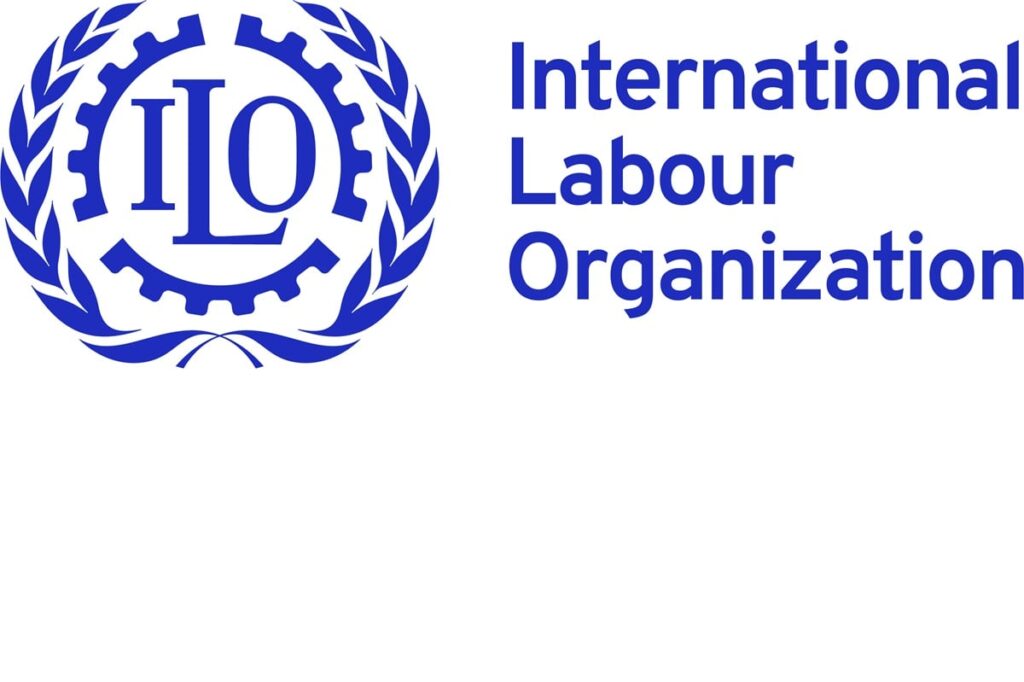A high-level verification workshop on adaptation of the ILO Media Toolkit, specifically to reconstruct the narratives of labour migration and fair recruitment from the 12 ECOWAS countries, convened in Abuja from June 24-25, 2025.
Organised by the International Labour Organization (ILO) in collaboration with the Federation of African Journalists (FAJ) and supported by partners including the Federation of International Journalists (IFJ) and the Trade Union Organization of West Africa (OTUWA), the two-day workshop aimed at journalists to realize and constructively report on immigration issues.
Inviolata Chinyangarara, a Worker Activist (ACTRAV), representing the country directors of the ILOs in Nigeria, Ghana, Liberia and Sierra Leone, highlighted the essential role that media plays in shaping public opinion of migration.
“Reporting the experiences of migrant workers allows the media to shift the story from fear and hostility towards empathy and human rights,” Chinyangalala said.
“Ethical and informed journalism can expose human rights abuses, address stereotypes, and highlight the positive contributions of immigrants. However, it can also amplify negative narratives, leading to bias and condemnation.”
She further described the toolkit as a call to action. It encourages policies that are accountable to the system, enhance the human race behind migration, and are rooted in equity and transparency.
“Today, we are gathering not only as experts, but as advocates for social justice and decent work for everyone within the field of ECOWAS,” she declared.
The workshop was held against the backdrop of the complex dynamics of labor migrants within West Africa. In West Africa, individuals crossed borders in search of economic opportunities where individuals often face exploitation, dangerous travel conditions and policy gaps.
Chinyangarara warned against the dangers of forced labor and unethical recruitment, noting that they were not only violations of international labor standards, but also acts that deprive individuals of dignity, safety and access to decent work.
Louis Tohmasi, regional director of the IFJ Africa office in Dakar, Senegal, stressed that African journalists must endure the responsibility for ethical, accurate, and gender-sensitive reporting, especially in a digital age where media is susceptible to misinformation and misuse of artificial intelligence.
“The Action Plan seeks to ensure that the media plays a key role in promoting immigration rights and promoting African narratives,” Tomasi asserted.
He outlined six key pillars of the action plan being developed in collaboration with the ILO. This includes capacity building for African journalists to tell positive, development-oriented migration stories. Improved access to accurate official data on labor mobility. Newly verified media toolkit has been adopted to prevent data tampering. Gender-sensitive journalism that cultivates inclusive stories. Public awareness campaign on the rights and reality of labor migrants. Promote the correct use of transitional terms and enhance public understanding.
“Inaccurate and biased media reports can lead to misinformation and, at worst, lead to discrimination and unfair treatment,” warned Tomasi.
In his speech, Omar Falk Osman, chairman of the Federation of African Journalists (FAJ), urged media practitioners across the continent to speak the stories of African labor migrants, from a national and regional perspective, to counter misrepresentation.
“For African journalists, it is also about extending solidarity to sisters and siblings who will migrate for work within and beyond,” he said.
Osman described the ILO Media Toolkit as an important resource designed to help journalists pursue accurate, detailed, impactful transition reporting.
Comrade John Oda, Otswa's executive director, also called for a stronger media trading association collaboration.
“This conference will help us to address the challenges faced by immigrants and provide more insight into how we feel at home, especially within the West African subregion,” he said.
“To push out the real issues of labor migrants, we need strong partnerships with the media.”
From the business community, Thompson Akpabio, director of the Nigerian Employers Council (NECA), highlighted the importance of accurate reporting in national development.
“Journalists should not report labor movements from a biased perspective. If the correct position is ultimately known, serious damage may already have occurred,” he warned.
“The Media Toolkit provides a guide to ensuring professionalism, countering misinformation and avoiding disinformation.”
Ultimately, the two-day event was a reaffirmation of the local commitment to true-telling, human rights and development journalism. It concluded with an overwhelming call for solidarity and greater capacity building to empower journalists across the Ekowas region and tell the story of labour mobility with accuracy, empathy and integrity.
Also read the top stories of the Nigerian Tribune


